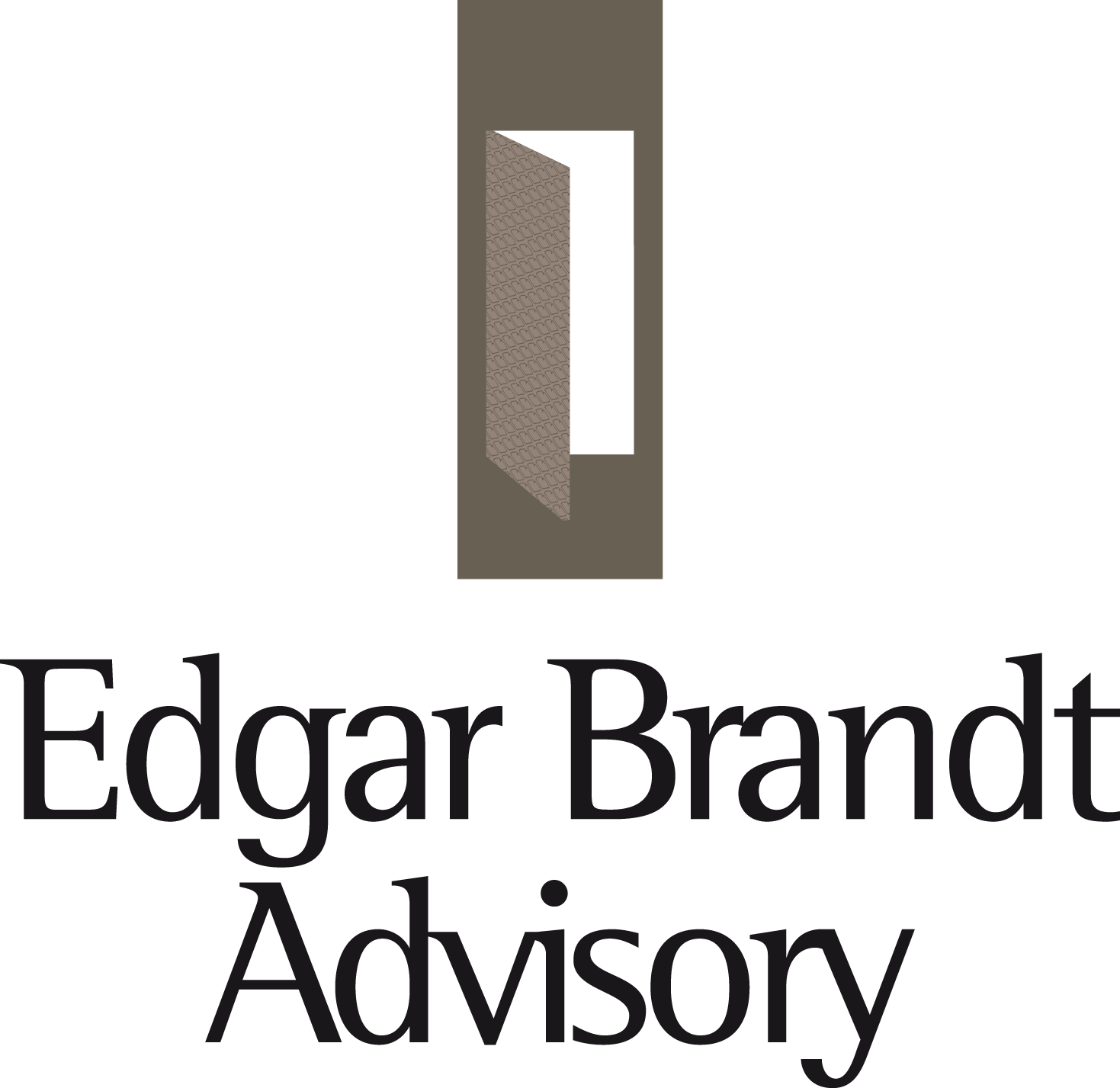Newsletter – January 2009
Doing One’s Homework
These few words are very evocative of how off-putting it can sometimes appear to not only make decisions on a hunch but instead perform all the analysis that any given situation requires. It would seem that if circumstances allow it, we have a marked tendency to relax our vigilance and make do with explanations that our sense of responsibility would normally have us reject. Precisely this phenomenon is at the root of the events that have either precipitated the current crisis or been precipitated by it. This ancestral laziness has been a powerful force when coupled to another well-known phenomenon: the excesses that characterize the tail-end of expansion cycles, with their procession of ever more irrational investment “opportunities” presented to investors that have lowered their guard after a prolonged bull market. Why bother with too many questions when everything goes up anyway?
Specific sets of circumstances sometimes also create real obstacles for the watchful investor. Several of our recent engagements in the field of private equity investments were characterized by initial decision making that lacked solid and rational foundations, and no monitoring mechanism that would have allowed for damage control down the line. As was the case with the sub-primes and the Madoff scandals, the key word in these situations was opaqueness.
Opaqueness
That opaqueness has a series of consequences, none of them delightful. In several instances of private equity type investments we were exposed to, the decision to go ahead with the investment was made without proper understanding of what the conditions for success were. As a consequence, the investor, or those who were in charge of implementing his decisions, find themselves deprived of the criteria that would allow them to usefully monitor events. When that happens, the link between the investor and its investment is broken, and no amount of time spend attending board meetings can reverse the situation: the investment is not under control anymore. The investor could just as well be dealing with smoke and mirrors.
Lack of ressources
When things went wrong in the subprime market or with Madoff’s funds, those that had responsibilities in understanding or monitoring what was happening used the opaqueness of the respective situations as justification for their failure and added that too much complexity, too few resources and a lack of appropriate tools were the main obstacles to really living up to expectations placed upon them. The message seems to be: it was impossible to understand, and impossible to foresee. The same argument often surfaces when investments in private companies go wrong. Then too, all the talk is about complexity, a lack of sufficiently specialized resources, etc. There was no way to escape that stroke of fate.
Value generation
We beg to differ. Every project, or every organization, which is part of the market economy and strives to achieve positive financial results has to generate value for its clients. The activities that will have to take place to generate that value are developed and implemented by management teams, and the management therefore has to be in a position to clearly explain how these activities are conducted. Complexity thus cannot be considered as a valid argument to justify a lack of transparency. Applied independently and shielded from conflicts of interests, a reasonable dose of industry knowledge, a good understanding of value creation mechanisms, common sense and healthy skepticism do constitute a strong protection against some of the events we’re all witnessing today.
When it comes to investing directly in private companies, passion is often the main motive. The efforts that must be made to convert these decisions into profitable investments are the same as those that keep that passion, and a taste for investing, alive.
The current crisis reminds us every day that there is no substitute for a relentless quest for the facts. It is about having the curiosity that makes us ask questions and the expertise that makes us understand the answers. It is, in the end, about making one’s homework.
Edgar Brandt Advisory SA

